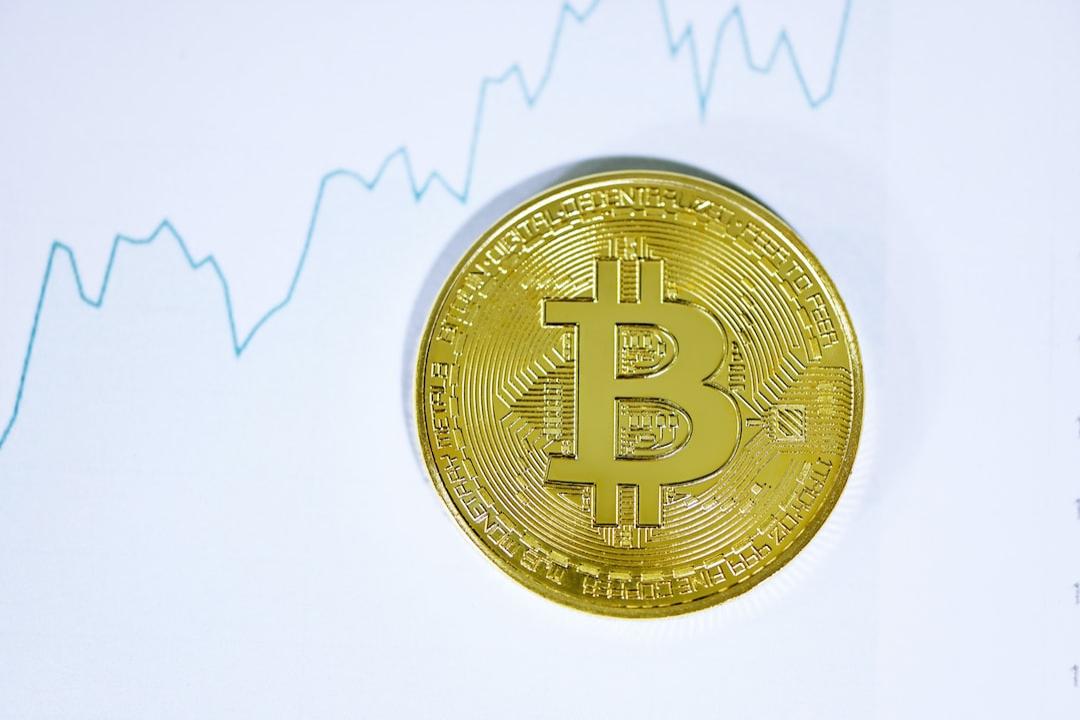Judge Amy Berman Jackson has rejected the U.S. Securities and Exchange Commission’s (SEC) assertion that Binance’s BNB token’s secondary sales could qualify as securities under the Howey test.
Judge Jackson cited a similar ruling by Judge Analisa Torres in the Ripple case, emphasizing the need to consider the economic realities of token transactions when applying the test.
Judge Jackson noted that the government’s argument that “cryptocurrencies embody investment contracts” and its views on the technical nature, platform independence, and token performance were insufficient to classify secondary sales of BNB as investment contracts.
The judge also dismissed SEC claims regarding the sale of Binance USD (BUSD) stablecoin and its passive income features. She pointed out that the SEC’s fundamental theory did not directly assert tokens as securities but rather viewed them as investment contracts, which was inconsistent.
Read more:

Here are possible reasons why the SEC rejected Solana ETF spot proposal.
It has also been emphasized that the nature of tokens may evolve over time, suggesting that even if tokens initially qualify as securities, they may not indefinitely maintain that status. This distinction significantly undermines the SEC’s position and is a pivotal decision in the classification arguments for digital assets.
Despite Binance’s significant legal victory, Judge Jackson allows the SEC to continue prosecuting cases related to Binance’s BNB staking program, allegations of anti-fraud violations, and ICO-related BNB sales. The SEC may also uphold its claim that Binance founder Zhao Changpeng qualifies as the company’s “controller,” indicating that Binance should register under the Exchange Act.




